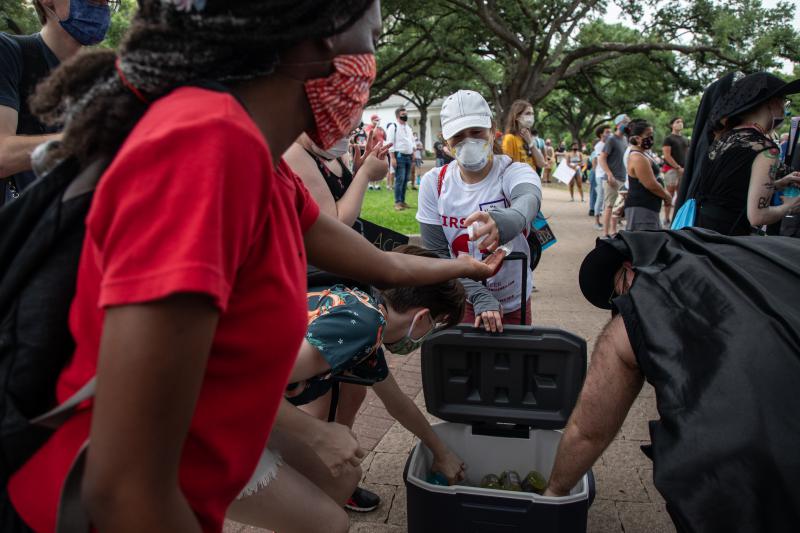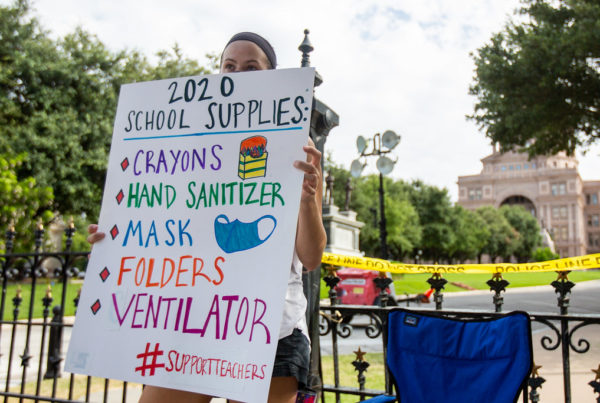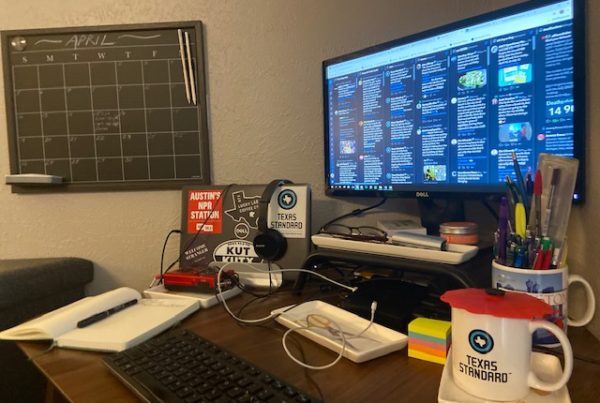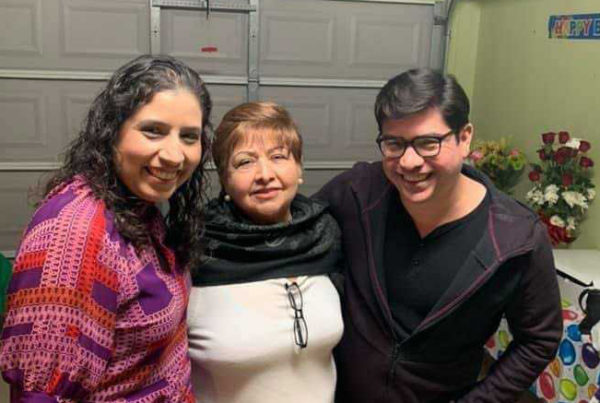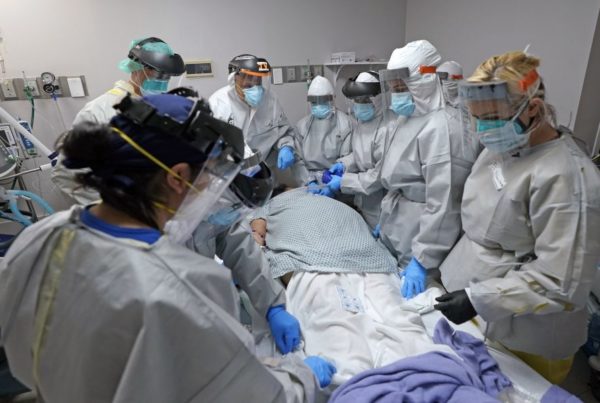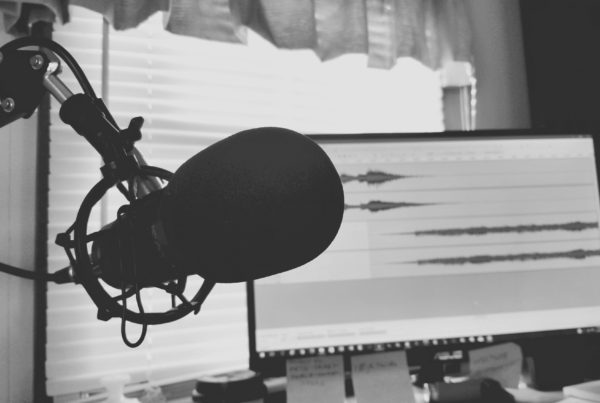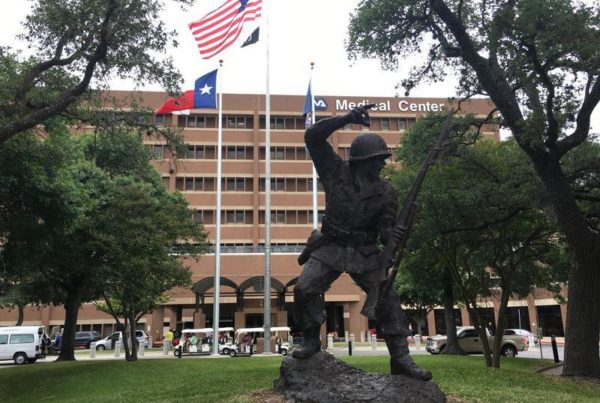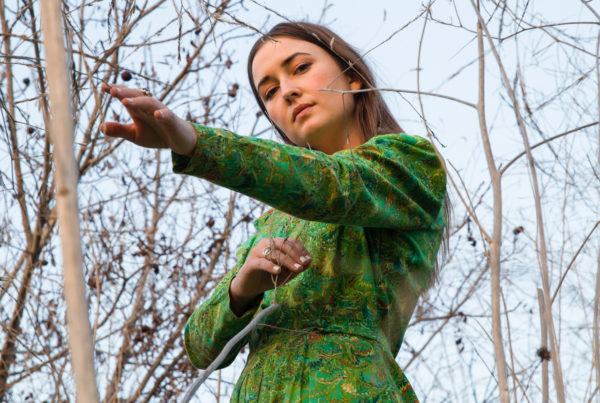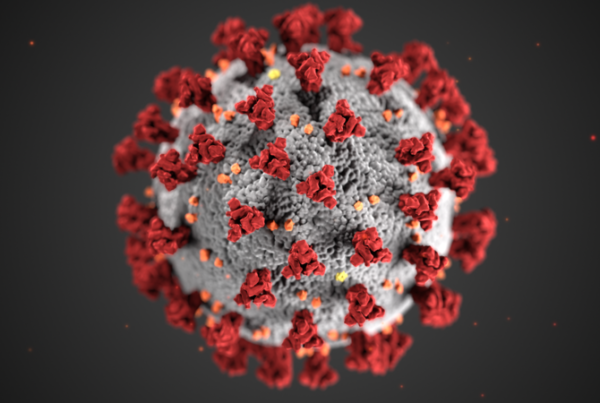From KERA:
Caitlin ‘Kitty’ Rickard and several friends begin their day in a North Dallas home, looking through the inventory in their garage which is full of donated supplies. They’re packing first aid kits, loading water bottles into cars and working on a game plan for the Pride for Black Lives Matter rally.
“We have a lot of sunscreen, wound care items and a lot of gauze,” said Caitlin ‘Kitty’ Rickard, 28, founder of Home Front First Aid (HFFA), a group of volunteer street medics.
The nonprofit started in response to protests around North Texas that resulted in violence. After the death of George Floyd, crowds of people rallied the streets demanding justice and police reform.
On June 1, hundreds of protesters marched onto the Margaret Hunt Hill Bridge, but found themselves surrounded by police shooting smoke bombs. Rickard remembers the day vividly.
“It felt like we were living a nightmare,” said Rickard. “When we get to the top of the levee, there’s this 17-year-old girl laid down in the ground and there are about seven to eight people standing around her and telling us she was injured but nobody knew what to do.”
Rickard was alarmed by that experience and frustrated that no one was there to help. Days after the traumatic incident, Rickard along with a group of friends decided to create HFFA, a group of volunteer street medics that would help people stay safe during protests.
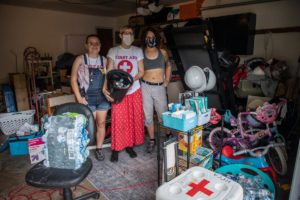
Kitty, Leto and Natalie, pose for a portrait in their garage before heading to the rally and protest. Most supplies get donated to them and are kept in their garage until the next big event.
“We knew that the protests were going to keep on happening. This isn’t something that is going to end very quickly,” said Leto, a volunteer medic and registered nurse. She asked to use that name because she fears she could lose her job at a local medical center.
During protests, street medics dressed in red and white shirts are stationed at the front, middle and back of the crowd. They’re looking out for any medical emergencies.
“Whenever you have a large crowd of people, the most important thing you can do is being able to recognize when an emergency is happening,” Leto said.
The street medics also hand out masks to protect people from COVID-19. Rickard coordinates day-of teams and assignments based on who shows up. Robert Fox, a certified Emergency Medical Technician or EMT and a former combat medic, is one of the volunteers that day.
“Personally, I am out here to support everybody’s First Amendment rights and make sure that if someone does get injured, they have immediate treatment ’cause I don’t like injured people,” said Fox.
At the rally, other volunteers show up. Fox signs them in, checks temperatures and passes out medic bags with all the essentials.
“I got a little bit of stuff to stabilize airways, I got some stuff for bleeding and some other tools I might need,” Fox said as he unzipped his medic bag and made sure each compartment had exactly what he needed.
“Ideally, I don’t have to open this thing up at all. If I never have to open this at all, I will be a happy person,” Fox said.
After a full day of work, Leto had only treated scratches and cuts. Fox handed out water bottles and Gatorade to those who were dehydrated. Other volunteers traveled in cars specifically marked with red tape, paving the way to let the crowd know it was safe to march in certain streets.
“Our goal now is to take care of these people so that the movement can be sustained for as long as need be,” Rickard said. “Because we need to be out in the streets and demanding change until real tangible changes occur.”
For now, Rickard says their job is to protect the people who are out there, raising their voices.
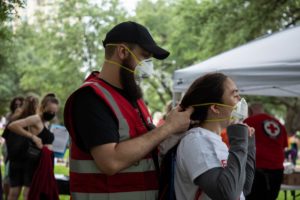
Lawrence helps Miwa, both first-time volunteers with the Dallas Street Medics, with her N-95 mask ahead of the protest. They both help out as supply runners.
Got a tip? Alejandra Martinez is a Report for America corps member and writes about the economic impact of COVID-19 on marginalized communities for KERA News. Email her at amartinez@kera.org. You can follow her on Twitter @_martinez_ale.


